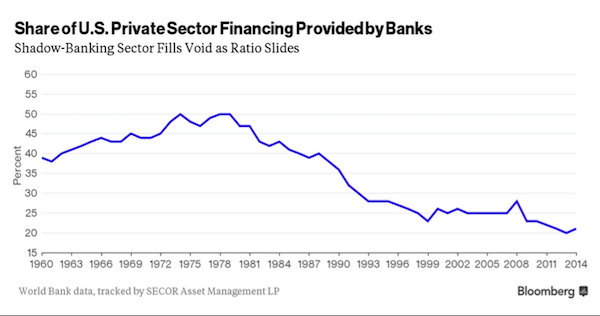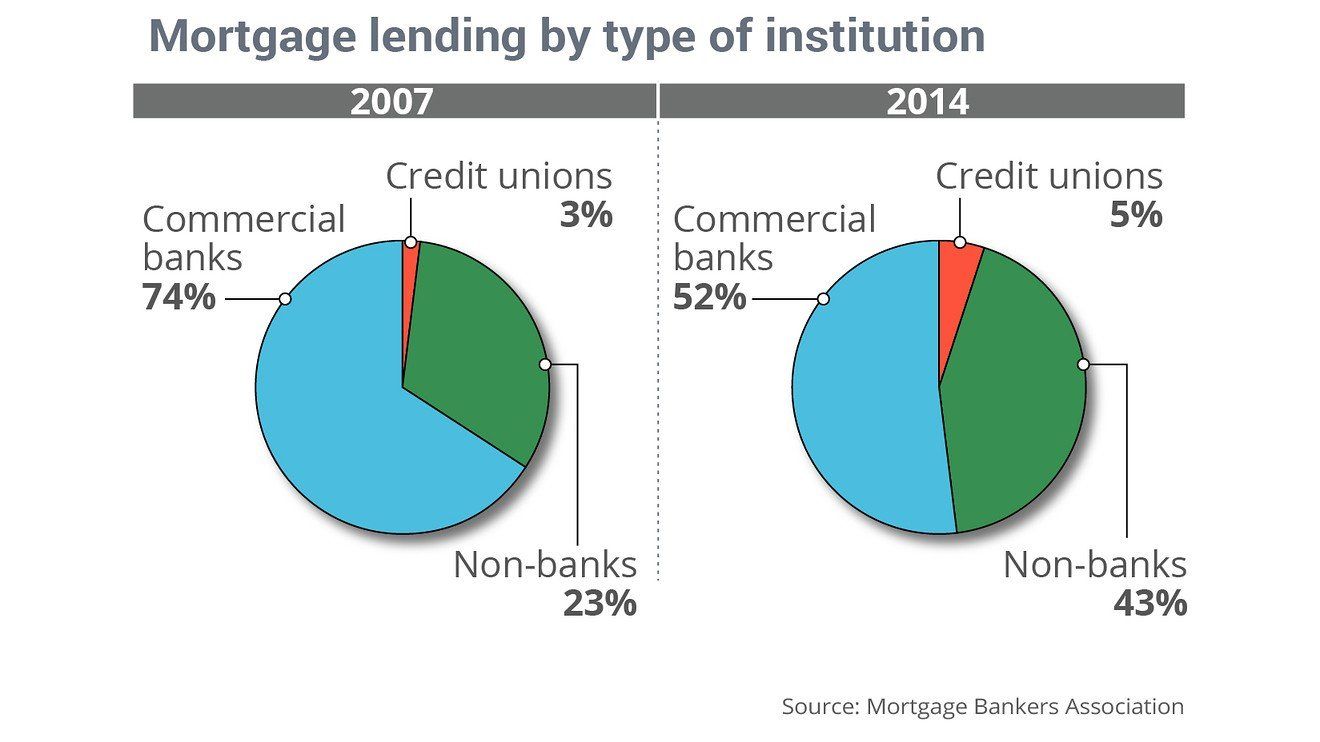The biggest opportunity cost in property – missed projects!
Non-Bank Funding Offered to the Finance Broking Network to Fast-Track Projects
New Paragraph
Trust and Opportunity Cost
The most recurring objections to non-bank lenders by developers are the perceived higher cost of non-bank lenders and their lack of visibility and transparency, essentially a trust and reliability issue:
- Do they have the money to lend? Are they lenders, or intermediaries presenting as lenders?
- Why are their rates and fees so much more than the banks – it reduces the profit margins substantially?
- Lenders secured by a first mortgage exert a lot of power on a project – can they be trusted or will they act in a predatory manner?
- How will they behave in a difficult situation often encountered in development projects?
We have a series of case studies that demonstrate to our introducers and clients the true opportunity cost of a non-bank lender at higher rates vs a major bank at lower rates, taking into account the comparative timing of a project and its impact on prices of completed stock vs off-the-plan prices.
This comparison does not even take into account the greatest opportunity cost of all; not being in the market at all…especially in boom times.
The other most prominent fear, a lack of trust in non-bank lenders, is not as easy to dispel. Trust is a currency developed over many interactions and several transactions. At Crest Capital we clearly communicate our values, and prospective clients can do their own due diligence in the market about our ethics and conduct toward our clients. We are fair and remain pragmatic when things don’t go according to plan and will always work with our clients to find a commercial solution together.
We are determined to separate ourselves in the marketplace from predatory financiers.
We would welcome an opportunity to look at a existing or prospective transaction and assist with a funding solution – in doing so we can often demonstrate the biggest opportunity cost to our clients – not being in the market at all because of an inability to secure adequate capital at the right time.
Contact us today to discuss what is possible.
Newsletter Signup
Thank you for subscribing to the Crest Capital newsletter
Oops, there was an error subscribing to our newsletter.
Please try again later.

Contact Crest Capital for Property Development Finance Today
Crest Capital Asset Management | Privacy Policy



